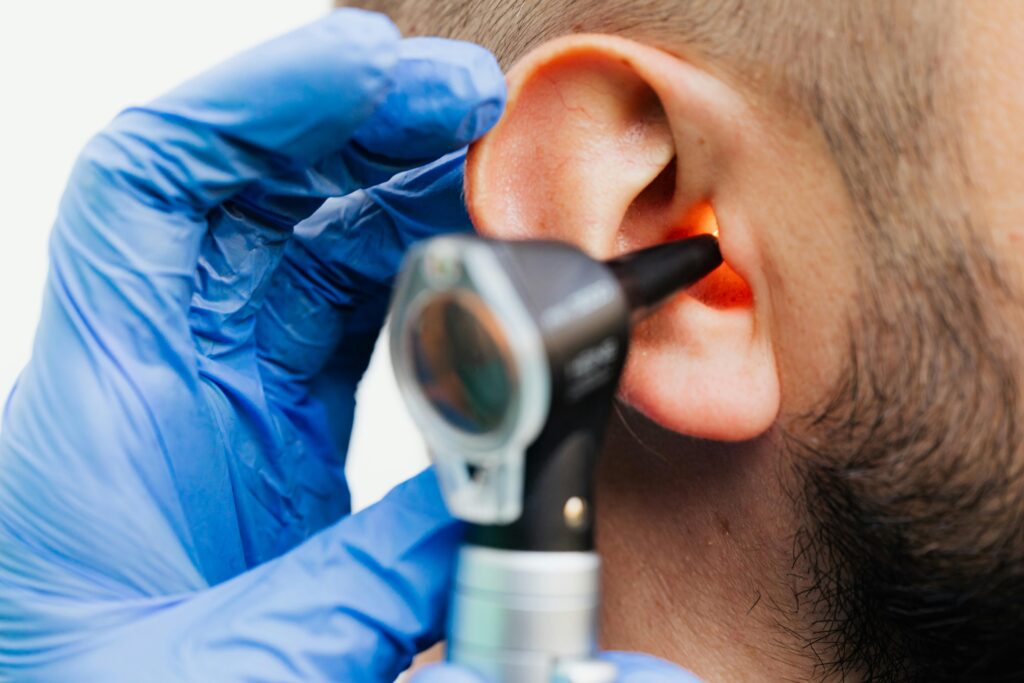Ever wondered if your furry friend’s hearing loss could qualify them for pet insurance? You’re not alone. Many pet owners are unaware that conditions like hearing impairments can affect their pet’s quality of life—and saddle them with unexpected vet bills. Today, we’re diving into the world of speech recognition tests and how they play a pivotal role in securing specialized pet insurance coverage.
In this guide, you’ll explore:
- Why speech recognition matters for pets
- A step-by-step process to use these tests effectively
- Tips on choosing the right pet insurance plan
- Real-life examples where such policies made a difference
Table of Contents
- Key Takeaways
- Understanding Pet Hearing Loss
- How Speech Recognition Tests Work
- Choosing the Right Pet Insurance Plan
- Success Stories from Real Pet Owners
- Frequently Asked Questions
- Conclusion
Key Takeaways
- Speech recognition tests help diagnose hearing issues in pets early, which is critical for treatment and insurance claims.
- Pet insurance plans covering auditory conditions exist but require proper documentation.
- Early diagnosis through advanced testing can save both money and stress for pet owners.
What’s the Deal with Pet Hearing Loss?
I once ignored my dog Luna scratching her ears incessantly—only to find out she had significant hearing damage months later. Ugh, talk about guilt! It turns out, undiagnosed or untreated hearing problems aren’t just painful; they’re expensive too. Without intervention, these issues often lead to chronic medical needs.

Pets rely heavily on sound cues for navigation, communication, and safety. This makes diagnosing and treating auditory impairments urgent—not something to sleep on.
How Do Speech Recognition Tests Work?
Think “hearing test” and picture clapping your hands near Rover’s head—it’s more complex than that. Modern speech recognition tests simulate real-world sounds by using calibrated audio frequencies mimicking human voices or familiar barks and meows.
Here’s the breakdown:
- Veterinarians place the pet in a quiet room equipped with speakers.
- Sounds at varying volumes and pitches are played.
- The pet’s reactions (ear twitches, tail wags) determine baseline responsiveness levels.
If your pup doesn’t react appropriately, it may indicate compromised hearing. And here’s why this matters for insurance: Detailed diagnostic results give insurers proof of pre-existing conditions versus new-onset injuries!
Optimist You:
“Great! So I just need one test to get my pet covered?”
Grumpy You:
“Slow down, Einstein. Some companies still won’t cover genetic hearing loss no matter how fancy-sounding your diagnostics are.”
How to Choose the Best Pet Insurance Plan
Selecting an insurer isn’t as simple as Googling “cheap pet insurance.” Look for plans explicitly mentioning auditory conditions under their eligible treatments.
Action Steps:
- Read Fine Print: Coverage for congenital vs. acquired hearing loss varies wildly.
- Ask About Diagnostic Coverage: Will the policy reimburse costs for speech recognition tests?
- Get Pre-Approval: Submit all diagnostic reports before committing to any premium payments.
One terrible tip floating online suggests skipping diagnostics entirely because “they cost extra money.” Listen up—never skip the tests! Sure, cutting corners seems tempting, but inadequate documentation will bite you when filing a claim.
Success Stories from Real Pet Owners
Meet Sarah T., who found herself staring at $4,000 in surgery bills after her cat Charlie developed sudden deafness due to infection. Thankfully, her proactive decision two years earlier to invest in comprehensive pet insurance saved the day—after submitting detailed hearing test records, the insurer covered nearly everything.

Hearing-impaired pets don’t have to mean broke owners!
Frequently Asked Questions
Do All Pet Insurers Cover Hearing Loss Treatments?
Nope. Policies vary widely, so check specifics carefully. Look for those highlighting congenital defect exemptions.
Will My Pet Need Retesting Before Renewals?
Some insurers might ask for updates annually. Keep meticulous records handy!
Can Older Pets Still Qualify?
Age typically affects premiums, though most carriers offer options regardless of age. Early enrollment helps secure better rates.
Wrapping Up: Speak Up for Your Pet’s Hearing Health
Remember the golden rule: Early detection means effective action—and savings! Don’t wait until a bark goes unnoticed or a command falls flat. Empower yourself with knowledge, leverage tools like speech recognition tests, and ensure Fido gets the care he deserves.
Oh, and keep in mind: Like dial-up internet connections, outdated advice won’t cut it anymore. Stay sharp, stay informed, and protect both paws—and pocketbooks—with smart choices today.
Closing thought: Just like Pokémon games taught us patience… Same goes for navigating pet healthcare. “Gotta catch ‘em all”—even hidden gems like hearing-friendly insurance policies!


